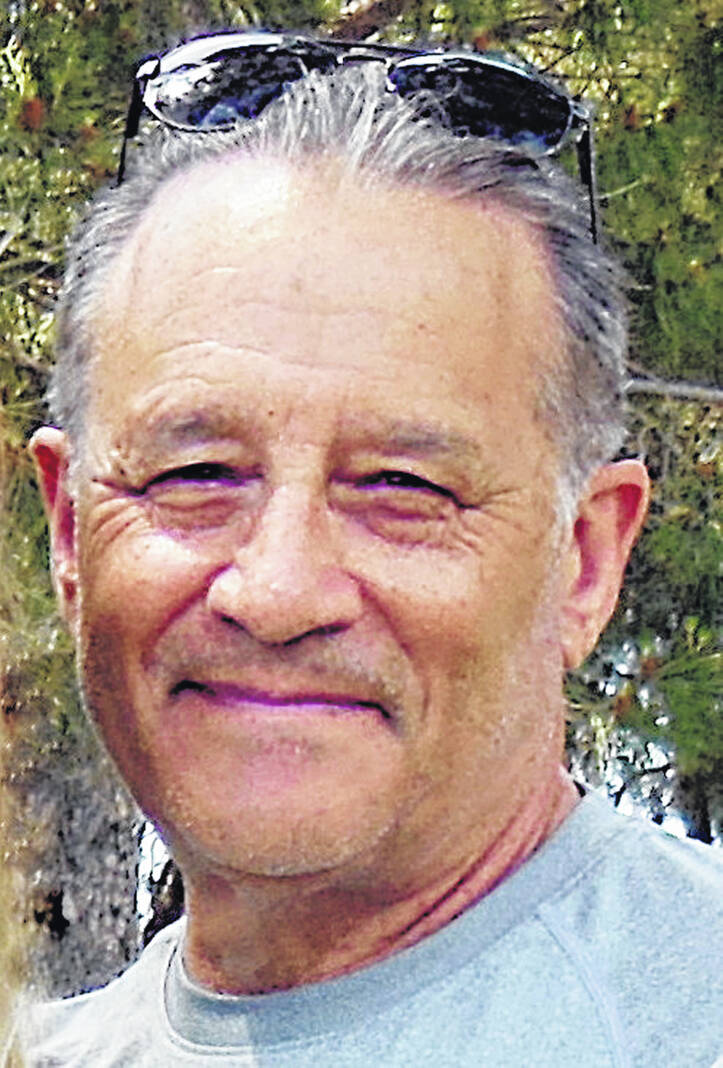
Bill Sims
Contributing columnist
Ripley’s “Believe It or Not” is an American franchise that most of us probably are familiar with. It was started back in 1918 by Robert Ripley, as a cartoonish venture portraying bizarre events, events so strange that they tested readers’ beliefs; yet, they were weird and wacky enough to be harmlessly entertaining. Real or fake? A deer with four legs and eight feet?
The more I think about social media, how it evolves, and how those who consume it are learning how to digest it, the more I believe that it will be realized generally as a medium of entertainment, not necessarily grounded in evidence-based realities. This, of course, presumes that we are able to sustain a well-educated social order. I happen to believe in the importance of kindergarten through college liberal-arts curricula, but that is of course being challenged by the tech juggernaut that, believe it or not, is steamrolling everything.
So where does this leave us? Will social media just be a swamp of misinformation and disinformation for use by political gangs, foreign adversaries, propagandists, corporate-marketing illusionists and conspiracy theorists? I think probably yes. But if we can all learn to accept the “Believe it or not” context, kind of like professional wrestling, and not take most of it seriously can we reduce its effect to “harmlessly entertaining”? Sadly, some people still think professional wrestling is for real.
There are two points related to all this that I believe are important in this evolutionary process.
1. Education. There’s a non-profit organization known as the News Literacy Project (NLP) that’s worth knowing about, especially for parents and teachers who haven’t come across it yet. Valarie Strauss, a staff writer for the Washington Post, wrote recently about NLP explaining that it “aims to teach students and the public how to sort fact from fiction in our digital — and contentious — age. With the spread of rumors, baseless accusations and conspiracy theories on social and partisan media sites, there has never been a time in recent U.S. history when this skill has been as important as now. The NLP has an e-learning platform, “Checkology”, that helps educators teach middle and high school students how to identify credible information, seek out reliable sources and know what to trust, what to dismiss and what to debunk.”
Wild and often unbranded websites are unbridled when it comes to crazy, outrageous, contemptuous and misleading information. Some cable news organizations seem more interested in cheering for their favorite “wrestler” than reporting authentically, becoming participants in the events of the day rather than genuine, reliable observers.
The free speech that abounds on social media includes a cornucopia of lies, truths, hate speech, peace speech, misinformation, amplified political doublespeak and even Russian propaganda. This is why the work of the NLP is so important, teaching students, parents, teachers and citizens, writ-large, how to filter this fire-hose of information, how to fact check, what’s news and what’s entertainment, and where reliable and authentic information can be found.
Suzanne Scott, CEO of Fox News Media, in a heated and recorded discussion revealed the organization’s consternation about the blowback from Fox listeners when its “Decision Desk” called Arizona for Joe Biden and an ensuing discussion about retracting its prediction to save “the brand.” She said in that discussion, as reported in the NYTimes, “But I think we are living in a new world in a sense, where half the voting population doesn’t believe in big corporations, big tech, big media… There’s a lack of trust.”
Education, always, but especially in this era of social media, is the best antidote for a fire hose of non-potable information.
2. Death. Reports of the death of authentic news organizations are greatly exaggerated. I believe this judgement is already coming to fruition. The wilder social media has become the more people are gravitating to trusted, evidenced-based news organizations like the Associated Press, The Wall Street Journal, The New York Times, National Public Radio (NPR) and The Public Broadcasting Service (PBS).
Digital subscriptions to the NYT were up last quarter by a quarter of a million with revenue up 11%. The Wall Street Journal’s digital subscriptions were up 2% and revenue was up 7.3% last quarter of 2022.
More than ever we need these titans of journalism to dispel and shed the sensational junk of our tech era. While local papers like The Times-Gazette are expanding and enhancing their digital offerings to keep pace with the times, they too are essential purveyors of information for those of us in smaller communities across the nation, “Believe it or not.”
Bill Sims is a Hillsboro resident, retired president of the Denver Council on Foreign Relations, an author and runs a small farm in Berrysville with his wife. He is a former educator, executive and foundation president.

